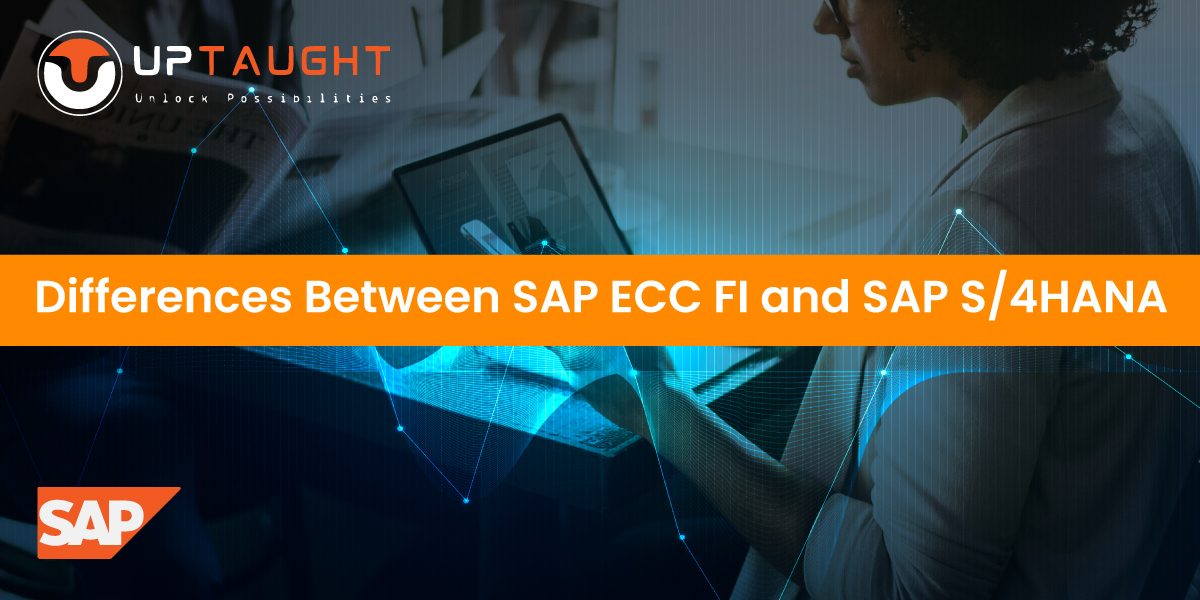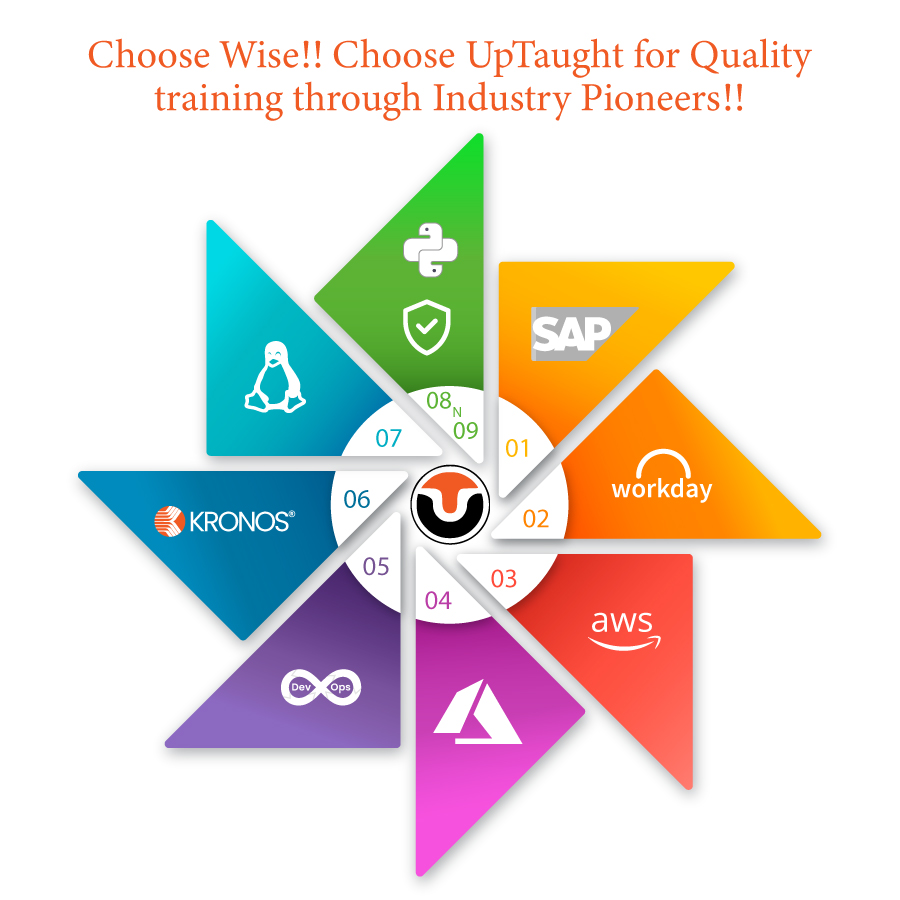In the world of enterprise resource planning (ERP), SAP stands out as a leading software solution that integrates various business processes. A common question among new users and professionals alike is, what are the different modules of SAP? Understanding these modules is crucial for organizations looking to optimize their operations and enhance productivity. Each module addresses specific business needs, allowing companies to tailor their SAP solutions to fit their unique requirements. This blog post will explore the various SAP modules, their functionalities, and how they can benefit your organization.
Table of Contents
Understanding What Are the Different Modules of SAP
What are the different modules of SAP? To answer this question, we need to delve into the context of SAP as an ERP system and its importance in streamlining business operations. Founded in 1972, SAP has evolved into a comprehensive platform that supports various business functions through its modular structure.
The Importance of SAP Modules
- Comprehensive Integration: SAP modules work together seamlessly, allowing different departments to share data and collaborate effectively. This integration enhances overall efficiency.
- Customization: Organizations can choose specific modules based on their needs, ensuring that they only implement what is necessary for their operations.
- Scalability: As businesses grow, they can add new modules to their existing SAP system without significant disruptions.
- Real-Time Data Processing: Each module processes data in real-time, providing organizations with up-to-date information for informed decision-making.
- Industry-Specific Solutions: SAP offers tailored modules for various industries, ensuring that businesses receive relevant tools designed for their specific challenges.
Given these factors, understanding what are the different modules of SAP is essential for any professional looking to leverage this powerful tool effectively.
Key Modules of SAP
When exploring what are the different modules of SAP, several key modules stand out due to their widespread use and significance:
1. SAP Financial Accounting (FI)
- Overview: The FI module manages all financial transactions within an organization.
- Key Features: General ledger accounting, accounts payable, accounts receivable, asset accounting, and financial reporting.
- Benefits: Provides real-time financial insights and ensures compliance with regulatory requirements.
2. SAP Controlling (CO)
- Overview: The CO module focuses on internal cost management.
- Key Features: Cost center accounting, profit center accounting, internal orders, and product costing.
- Benefits: Helps organizations track costs and profitability effectively.
3. SAP Materials Management (MM)
- Overview: The MM module manages procurement and inventory processes.
- Key Features: Purchasing, inventory management, material valuation, and invoice verification.
- Benefits: Streamlines procurement processes and optimizes inventory levels.
4. SAP Sales and Distribution (SD)
- Overview: The SD module handles all sales-related processes.
- Key Features: Sales order processing, pricing, billing, and shipping.
- Benefits: Enhances customer relationship management through efficient order processing.
5. SAP Human Capital Management (HCM)
- Overview: The HCM module manages employee data and HR processes.
- Key Features: Personnel administration, payroll processing, recruitment, and performance management.
- Benefits: Streamlines HR processes and improves employee engagement.
6. SAP Production Planning (PP)
- Overview: The PP module focuses on production planning and control.
- Key Features: Demand management, material requirements planning (MRP), production orders, and capacity planning.
- Benefits: Optimizes production processes and enhances resource utilization.
7. SAP Customer Relationship Management (CRM)
- Overview: The CRM module manages customer interactions and relationships.
- Key Features: Sales force automation, marketing campaigns, customer service management, and analytics.
- Benefits: Improves customer satisfaction through better engagement strategies.
Unique Value Proposition of These Modules
Each of these modules offers unique benefits that cater to different interests within an organization. By choosing the right combination of modules based on your business needs, you can position yourself effectively in the job market while enhancing operational efficiency.
Real-World Results from Businesses Using SAP Modules
Many organizations have successfully implemented various SAP modules with measurable outcomes:
- Example A: A retail company integrated the SD module into its operations, resulting in a 30% increase in sales order processing speed.
- Example B: A manufacturing firm utilized the MM module to reduce excess inventory by 25%, leading to significant cost savings.
- Example C: A healthcare provider adopted the HCM module to streamline payroll processing, reducing payroll errors by 40% through automation.
These success stories illustrate how effective implementation of SAP modules can lead to significant improvements in business performance.
Who Will Benefit from Understanding What Are the Different Modules of SAP?
Understanding what are the different modules of SAP can benefit various stakeholders within an organization:
- Business Leaders: Executives seeking to improve operational efficiency will find valuable insights into how integrated systems can streamline processes.
- IT Professionals: Individuals involved in system implementation or maintenance will gain essential knowledge about the functionalities of each module.
- Finance Teams: Professionals managing financial operations will benefit from understanding how specific modules like FI can enhance reporting accuracy and compliance.
Industries such as healthcare, finance, technology, manufacturing, and retail stand to gain significantly from employing certified professionals who are well-versed in using effective SAP solutions. By investing time in understanding these modules, organizations can expect improved operational efficiency and enhanced strategic planning capabilities.
Take Action Today!
Are you ready to explore what are the different modules of SAP? Start your journey toward mastering this essential tool today! For a limited time only, sign up for our comprehensive training courses on various SAP modules at UpTaught or UpTaught India and enjoy a 20% discount on your first enrollment! Equip yourself with the tools you need to thrive in today’s competitive landscape—take advantage of this exclusive offer while it lasts!Investing in your education not only enhances your skill set but also empowers you to achieve greater efficiency and effectiveness within your organization. Transform your career today!




